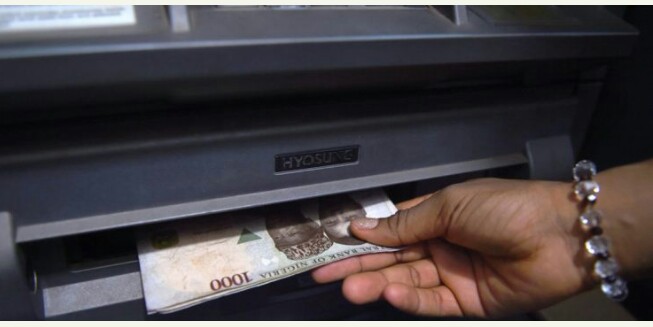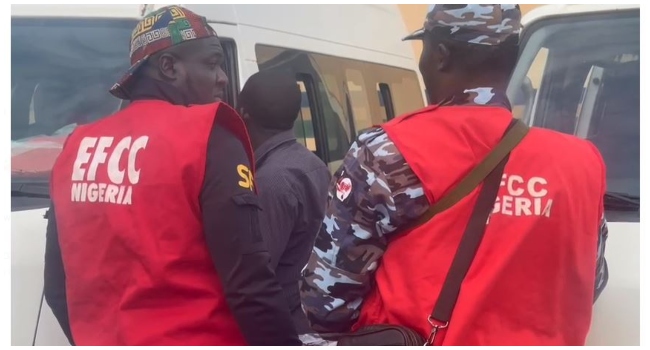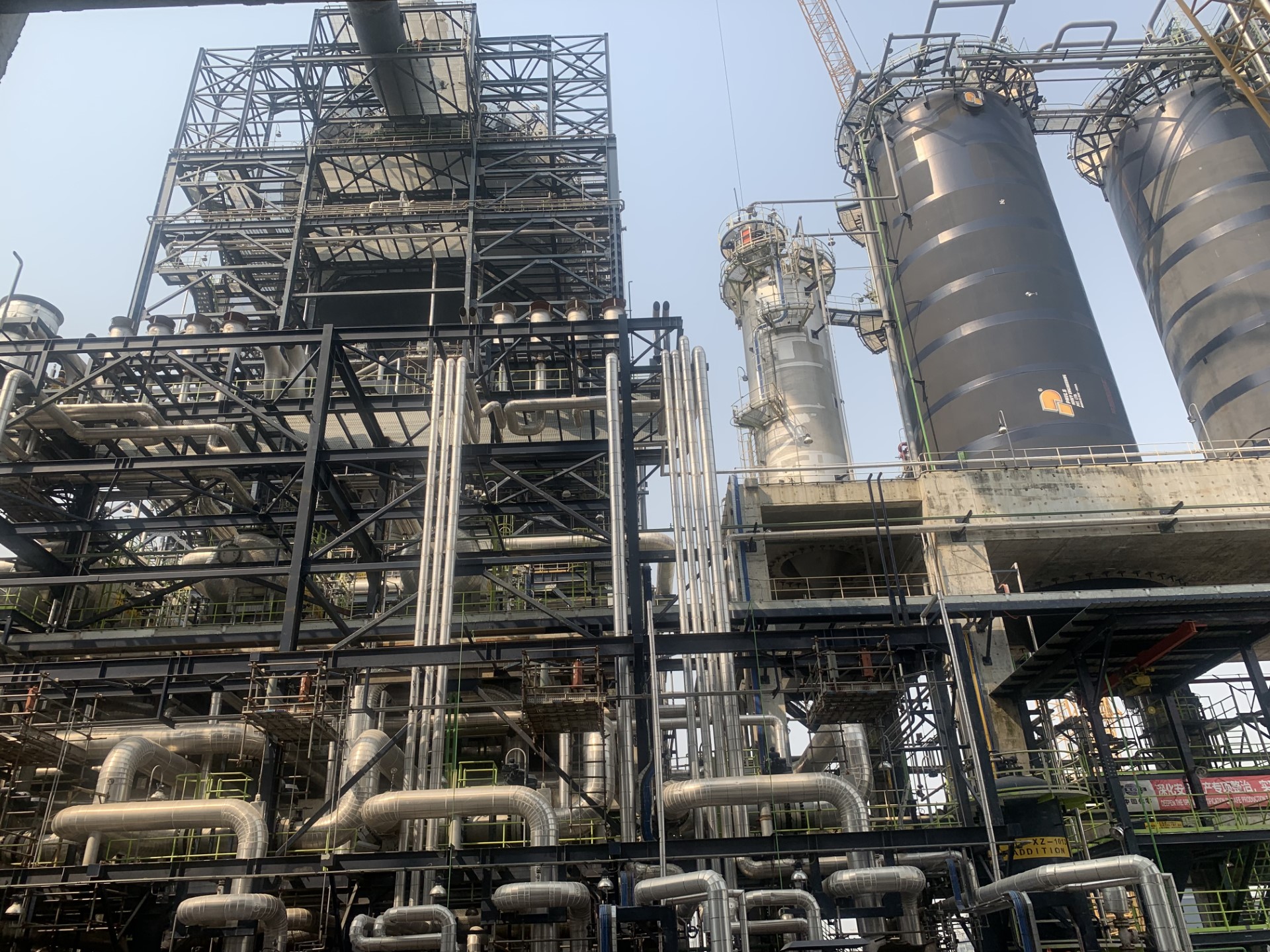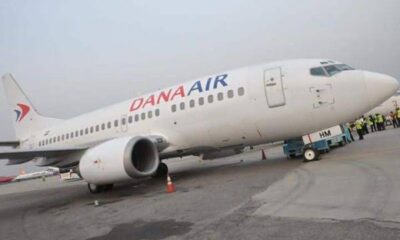Business
More Than 60 Million Nigerians Are Unbanked – World Bank

2017 World Bank Global Findex Database report on financial inclusion says that more than 60 million Nigerians are without bank accounts. The report, titled The Global Findex Database 2017: Measuring Financial Inclusion and the Fintech Revolution used data from a survey carried out in 144 countries, in collaboration with the Bill and Melinda Gates Foundation and Gallup Inc.
Globally, 1.7 billion adults are unbanked [don’t use formal banks or semi-formal microfinance institutions to save or borrow money] even though more than half that number could access digital financial services. There was an increase in financial inclusion between 2014 and 2017.
Financial inclusion, which aims to “make financial services accessible at affordable costs to all individuals and businesses, irrespective of net worth and size respectively”, is important for the development of any economy. It means that people who have better access to financial services through traditional, bank accounts and digital payments have greater control over their money, and their savings, securing business loans, insurance and are better prepared for financial emergencies.
Financial inclusion is also important to achieving some of the UN’s Sustainable Development Goals, such as eradicating poverty, improving gender equality, and creating jobs.
Also, it promotes gender equality; easy access to financial services for women translates to participation in the nation-building process and economic growth of any country.
“When the government deposits social welfare payments or other subsidies directly into women’s digital bank accounts, the impact is amazing. Women gain decision-making power in their homes, and with more financial tools at their disposal, they invest in their families’ prosperity and help drive broad economic growth,” said Melinda Gates, Co-Chair of the Bill & Melinda Gates Foundation, said.
Gender gaps in financial inclusion
However, the 2017 Findex report confirms that gender gaps in financial inclusion have still persisted over time, with the wider gaps in developing economies, while high-income economies have no discernible gender gap in financial inclusion. 7 per cent more men hold active accounts than women globally.
In the developing economies, a large gender gap in financial inclusion is contributing to slow economic growth, as it implies that fewer women are participating in the national economic growth. People who don’t have access to inclusive financing either do not have enough money to own an account, or family members already have an account for them (mostly male family figures).
40 per cent more men own accounts than women in Nigeria, meaning there’s been no clear change in financial inclusion in Nigeria since the last Findex report was released in 2014. Other developing economies like Togo, Peru, Lebanon, Jordan, Algeria, Burkina Faso also have wide gender gaps in financial inclusion. Other developing economies [India, Bolivia] have moved in the opposite direction as gender gaps have been steadily closing since 2014.
Adult financial inclusion
Also, in inclusive financing, gaps in account ownership between richer and poorer adults (based on household incomes) tend to be wider in developing economies, with richer people twice likely to own an account than poorer people. Nigeria, Philippines, and Ethiopia are some of the developing countries with wide gaps in financial inclusion between the rich and the poor. However, the advent of mobile money accounts in developing economies between 2014 and 2017 is helping to reduce this gap. In developing economies, poor people are more likely to own both traditional bank accounts and mobile money accounts than rich people.
Nigeria was declared the world poverty capital last year, with almost half of its population living in extreme poverty. 82 million (42 per cent) Nigerians are living below $1.90 per day, implying that 42 per cent of Nigerians probably don’t own an account, or have inactive ones. A recent Bio-metric Verification Number exercise in 2015 in Nigeria, which resulted in the many bank accounts going inactive, also contributed to Nigeria’s 67 million unbanked population.
However, the increasing adoption of mobile banking by Nigerian commercial banks, the proliferation of digital payment solutions and targeted campaigns towards low-income Nigerians mean that the next financial inclusion report will be favourable to Nigeria.
Business
JUST IN: NCAA grounds all Dana Air operations

The Nigerian Civil Aviation Authority (NCAA) has suspended the operations of Dana Air, TheCable understands.
The directive followed the incident involving a Dana Air plane at Lagos airport on April 23, which forced aviation authorities to divert flights from local to international airport.
The suspension was approved by Festus Keyamo, the minister of aviation.
Business
EFCC freezes over 300 accounts linked to illegal FX trading

The Economic and Financial Crimes Commission (EFCC) has frozen over 300 accounts linked to illicit foreign exchange (FX) trading.
Speaking in Abuja on Tuesday, Ola Olukoyede, EFCC’s chairman, said the agency secured a court order to freeze the accounts.
“We got an order to freeze those accounts imagine what would have happened if we didn’t seize those accounts,” he said.
“There are people in this country doing worse than Binance,” he said.
Olukoyede said over $15 billion passed through one of the platforms in the last year, which was not regulated by financial regulators.
The development comes a day after Kenya’s police service reportedly arrested Nadeem Anjarwalla, the Binance regional manager for Africa.
On March 22, Anjarwalla escaped from an Abuja guest house where he and Tigran Gambaryan, his colleague, had been kept by the federal government.
Anjarwalla was said to have escaped after guards led him to a nearby mosque for prayers during the Ramadan fast.
Anjarwalla and Gambaryan were charged with tax evasion and money laundering by the federal government. The duo were arrested and detained on February 28.
On February 27, 2024, Olayemi Cardoso, governor of the Central Bank of Nigeria (CBN), said $26 billion passed through Binance Nigeria from unidentified sources in one year.
Cardoso said the apex bank was collaborating with different agencies, including the EFCC, the police, and the office of the national security adviser (NSA) to tackle illicit financial flows in the country.
Business
Dangote refinery slashes diesel price to N940 per litre

Dangote Petroleum Refinery has announced another reduction in the prices of both diesel and aviation fuel to N940 and N980 per litre, respectively.
The development comes days after the refinery reduced diesel price to N1,000 per litre.
In a statement on Tuesday, the refinery said the price change of N940 is applicable to customers buying five million litres or more from the refinery, while those purchasing one million litres or more will pay N970.
According to the company, this marks the third major reduction in diesel price “in less than three weeks when the product sold at N1,700 to N1,200 and also a further reduction to N1,000 and now N940 for diesel and N980 for aviation fuel per litre”.
Speaking on the new development, Anthony Chiejina, head of communication, Dangote Group, said the new price is in tandem with the company’s commitment to alleviating the effect of economic hardship in Nigeria.
“I can confirm to you that Dangote Petroleum Refinery has entered a strategic partnership with MRS Oil and Gas stations, to ensure that consumers get to buy fuel at affordable price, in all their stations be it Lagos or Maiduguri,” he said.
“You can buy as low as 1 litre of diesel at N1,050 and aviation fuel at N980 at all major airports where MRS operates.”
He added that the partnership will be extended to other major oil marketers.
“The essence of this is to ensure that retail buyers do not buy at exorbitant prices,” he said.
“The Dangote Group is committed to ensuring that Nigerians have a better welfare and as such, we are happy to announce this new prices and hope that it would go a long way to cushion the effect of economic challenges in the country.”
Reacting to the latest development, Ajayi Kadiri, director-general of the Manufacturers Association of Nigeria (MAN), said the decision “to first crash the price from about N1,750/litre to N1,200/litre, N1,000/litre and now N940 is an eloquent demonstration of the capacity of local industries to positively impact the fortunes of the national economy”.
“The trickledown effect of this singular intervention promises to change the dynamics in the energy cost equation of the country, in the midst of inadequate and rising cost of electricity,” Kadiri said.
He said the reduction will ease the high inflation rate in the country, and have far-reaching impact on critical sectors like industrial operations, transportation, logistics, and agriculture.
Kadiri added that companies will be back in operation due to the price reduction.
-

 Business1 week ago
Business1 week agoX will start charging new users to post, says Elon Musk
-

 Entertainment1 week ago
Entertainment1 week agoJUST IN: Cubana Chief Priest pleads not guilty to naira abuse charge
-

 News14 hours ago
News14 hours agoFAAN reopens Lagos airport runway after Dana Air incident
-

 Entertainment1 week ago
Entertainment1 week agoCubana Chief Priest arrives court for naira abuse trial
-

 Celebrities1 week ago
Celebrities1 week ago‘Not see you for 6 months, impossible’ — Davido reacts to Cubana Chief Priest’s bail
-

 Business5 days ago
Business5 days agoElon Musk threatens to suspend X accounts doing engagement farming
-

 Celebrities1 week ago
Celebrities1 week agoKai Cenat threatens to sue OnlyFans model, Layla Red who leaked their chats
-

 World1 week ago
World1 week agoDubai international airport cancels flights as flood ravages runway, UAE

















